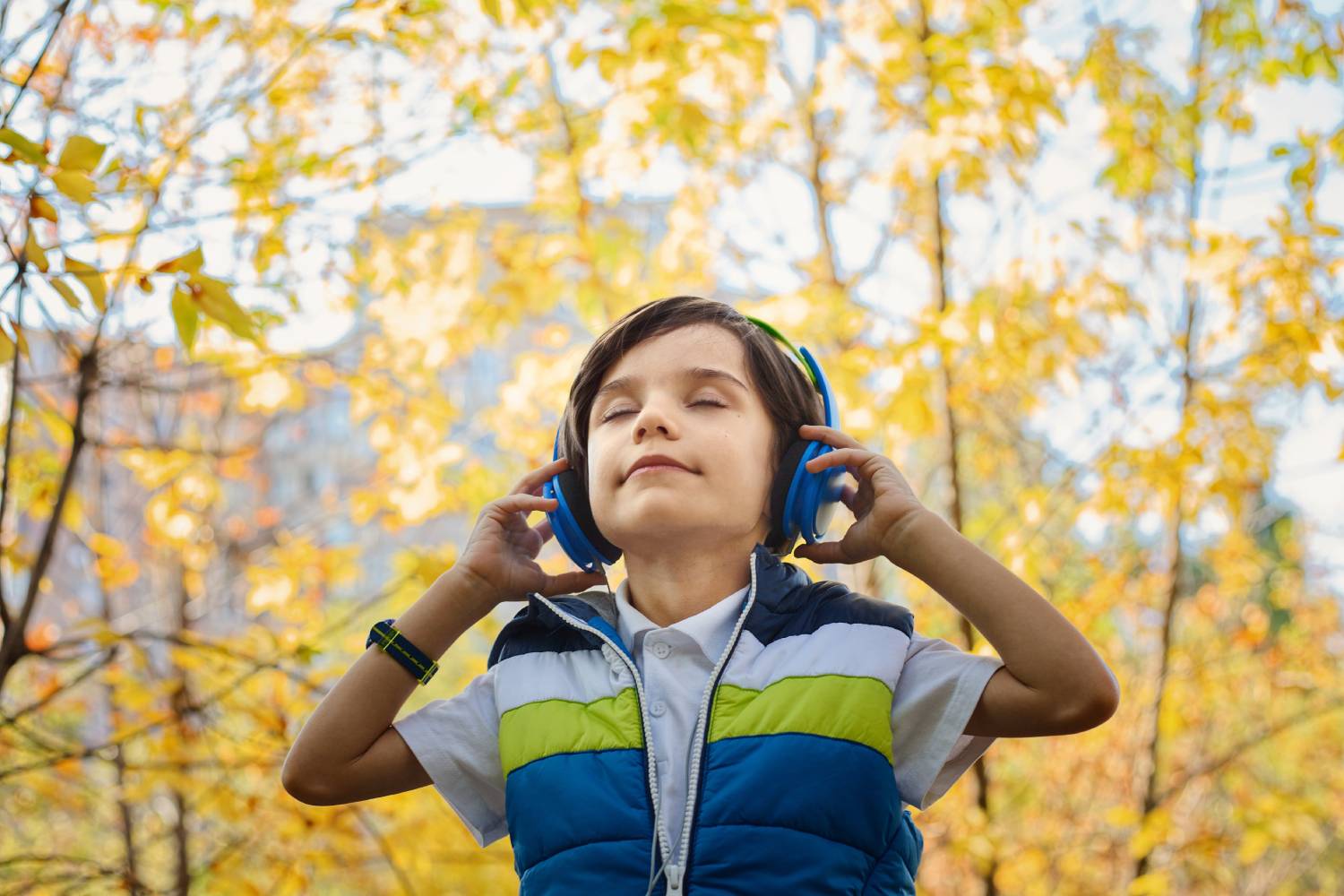Music provides a creative and soothing outlet for many people, including children with Attention Deficit Hyperactivity Disorder (ADHD). Music therapy has a number of benefits, but not all therapies have an equal effect on every child. This article outlines why it’s crucial to learn as much as you can about this form of therapy as well as your child’s condition before implementing any changes.
Benefits of Music Therapy
Children with ADHD often have difficulty focusing and sitting still, but music therapy can help improve their attention span. Studies have found that after eight weeks of music therapy, children show significant improvements in their ability to pay attention and follow instructions.
Music therapy can also help children with ADHD express themselves in a positive and creative way. Music therapy provides a non-threatening environment for those who are reluctant to participate in group activities.
There are also proven benefits for anxiety and stress, two common symptoms of ADHD. One study found that children who participated in music therapy had lower levels of the stress hormone cortisol than those who didn’t.
Incorporating Music Therapy Into Your Child’s Schedule
As the parent of an individual with disabilities, your schedule is probably quite full. However, it’s essential to find the time to help your child learn, grow, and develop. By incorporating music therapy into your child’s daily activities, the process becomes less of a chore and makes healing effortless. Here are a few ways to achieve this:
- Russell Coaching for Students suggests using music to help them focus while doing homework or other tasks.
- Play soft, calming music at bedtime to help them relax and fall asleep.
- Take your child to music therapy sessions or classes.
- Encourage your little one to play an instrument or sing.
If you have neighbors, be mindful of noise as you incorporate music more throughout your child’s day. If your child really takes to music therapy and enjoys playing their own instruments, you may want to consider renovating a room to make it sound-proof.
Types of Music Therapy
Although there are a number of genres that can be used in music therapy, Gospel music has been found effective. The therapy can be implemented in several ways, and some will be better received by your child than others, so don’t be afraid to try out a few until you find a good fit.
- Guided Imagery and Music (GIM): this therapy makes use of both music and imagery to help improve the mental and emotional well-being of the patient.
- Receptive Music Therapy (RMT): here, music is used to help the patient relax, de-stress, and feel more positive emotions.
- Active Music Therapy (AMT): AMT is a type of music therapy that uses music to help the patient be more active, focused, and alert.
- Analytical Music Therapy (AMTA): this music therapy helps the patient process and work through difficult emotions.
Choosing and Learning an Instrument
Your child’s aptitude for an instrument is just as important as their enjoyment. If you aren’t sure where to start, ask members of the band at local churches or even the school music teacher. They may be able to help you expose your child to a few instruments before you settle on one.
ADaptHD notes that if your child is having trouble learning to play an instrument, there are a number of ways you can help them.
- Start by teaching them simple songs, like kids songs or simple versions of familiar tunes.
- Help them break the song down into small, manageable pieces.
- Give them plenty of praise and encouragement as they learn.
- Hire a professional who has experience with music therapy for children with ADHD.
As you develop experience helping your child through music therapy, consider starting a side business that fosters this creativity between you and your child. You could collectively teach simple music classes to other kids with ADHD or start a YouTube channel to share your experience experimenting with music therapy. Who knows. Your experiences might even help others!
Give Music Therapy a Chance
Music therapy may not be as commonplace as other treatments for ADHD, but it certainly has the potential to help them focus their energy while developing a new hobby. Don’t be afraid to seek professional help where needed, and remember that the first treatment is not always the right fit, so don’t give up too soon.
Image by Pexels


